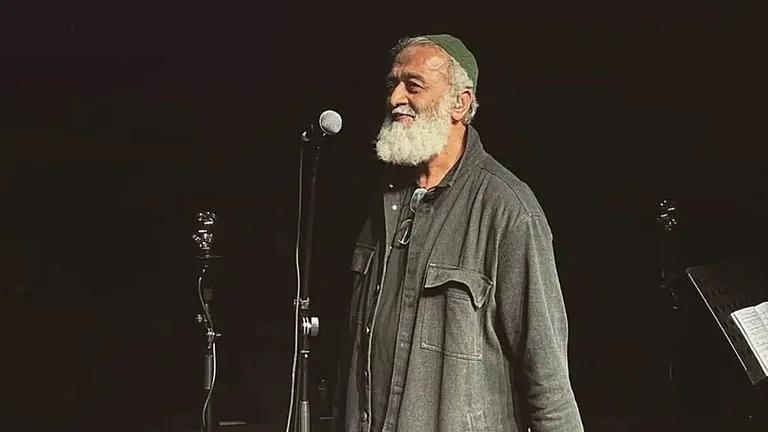Many of the characters in these stories suffer from afflictions of a different kind-they are unable to communicate their doubts, hopes and emotional pain to others, especially those closest to them. In her debut collection, author Jhumpa Lahiri's sought to be their interpreter.
She's certainly not the first to delve into the experience of Indians living in America-their relations with one another, their colleagues and neighbours in the local community, and with the country they left behind.
But her depiction of characters and her superb storytelling skills make for engaging reading. You're drawn at once to the sheer humanness of these souls, recognising in their sorrows, joys, expectations, and dilemmas some of your own. The opening story, A Temporary Matter, is the most moving and showcases the best of Lahiri's prowess as a storyteller. It traces a marriage that's slowly coming apart following the still birth of the couple's first child. The plot moves with an intensity and unpredictability reminiscent of Roald Dahl.
In This Blessed House, Sanjeev realises his wife of four months may never love him. It is the small things, such as their different reactions to the "Christian paraphernalia" in their new house, which both illustrate and broaden the divide. The male narrator in The Third and Final Continent, on the other hand, has a happier time adjusting to marriage and life in a foreign country. For Mrs Sen, in a story of the same name, it's fresh fish and aerogrammes from India that serve as her support system in a domestic existence in a small New England town, with almost no friends and family around.
Lahiri's thrown in generous doses of humour, so that the stories entertain just as they illuminate. There's the impeccably dressed Mr Pirzada, a visiting professor of botany unused to all the 'Thank-Yous' that greet his every action in America. "The lady at the bank thanks me, the cashier at the shop thanks me, the librarian thanks me when I return an overdue book, the overseas operator thanks me as she tries to connect me to Dacca and fails," he tells his Bengali hosts in When Mr Pirzada Came to Dine. "If I am buried in this country I will be thanked, no doubt, at my funeral."
In The Treatment of Bibi Haldar, the residents of a Calcutta tenement blush as they discuss the doctor's latest prescription for a local woman prone to epileptic seizures: "relations" with a man to "calm her blood". Another story in an identical setting, A Real Durwan, also looks at the relationship between a woman and the occupants of a Calcutta building. But the Indians-in-India stories are less appealing to this reviewer, perhaps because of the relatively familiar settings.
With one exception: the title story, which skilfully explores the separate worlds inhabited by an Indian and a second-generation Indian family from New Jersey.
Born in London and raised in Rhode Island, Lahiri, 32, has already made a mark on the American literary scene, having had three stories published in The New Yorker last year. Her title story was chosen for both the prestigious O'Henry Award and an upcoming edition of The Best American Short Stories. And she's received high praise from that celebrated chronicler of the American immigrant experience, Amy Tan: "... one of the finest short story writers I've read."
But the real measure of her nine short stories is the quality of the writing-flawless prose which makes an impact through spot-on, detailed observations laced with humour and irony. Definitely worth your while. And your money.


























